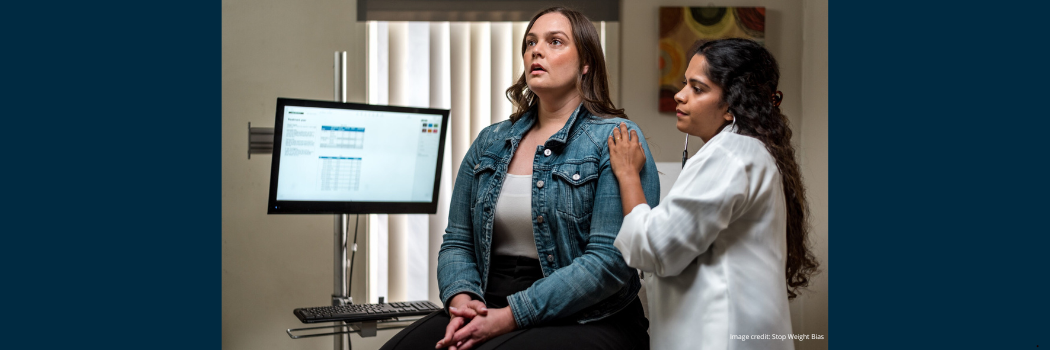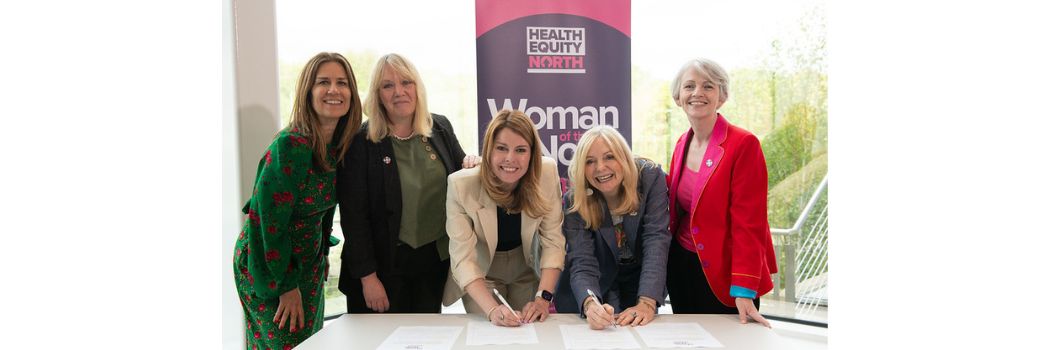Department of Sociology

Welcome to the Department of Sociology at Durham
Study with us
Undergraduate study
Find out more about our undergraduate degrees in Sociology, Criminology and Joint Honours in Sociology and Anthropology.
Postgraduate study
Explore our postgraduate study options in Sociology, Criminology, Social Research Methods and Social Work.
Our research
We work in collaborative and participative ways with communities, both within and external to the university, locally, nationally and internationally to effect social justice and social change.
Find out more about our Department
What's new?
Collaborating with Action for ME to improve understanding of ME
Dr Katharine Cheston, from our Institute for Medical Humanities and Department of Sociology, is working with the charity Action for ME to better understand what it is like to live with ME and long Covid.

Funding success for weight inclusivity training tool
Twenty Durham researchers appointed to REF 2029 sub-panels
Report tackles modern air pollution
Summit explores regional inequalities facing women
People with health issues denied medication in police custody
Researchers collaborate on new app to improve support for hate incident victims
Funding success for weight inclusivity training tool
We’re celebrating a successful funding application which will enable our experts to establish a new training tool to help tackle weight discrimination in healthcare.

Twenty Durham researchers appointed to REF 2029 sub-panels
People with health issues denied medication in police custody
Student updates
Find out what our students get up to at Durham University.
Highlights
Studying for an MSc in Criminology and Criminal Justice
A day in the life of a criminology student
Social feeds
Get in touch
To find out more about our undergraduate and postgraduate options, please contact us using one of the buttons below.
Department of Sociology
Durham University
Mill Hill Lane
Durham
DH1 3LB
+44 (0)191 33 41400
Questions about studying here?
Check out our list of FAQs or submit an enquiry form.
Your Durham prospectus
Order your personalised prospectus and College guide here.


/prod01/prodbucket01/media/durham-university/departments-/sociology/42915.jpg)
/prod01/prodbucket01/media/durham-university/departments-/sociology/durham-uni_091-1500X1000.jpg)



/prod01/prodbucket01/media/durham-university/departments-/sociology/sociology_people.jpg)
/prod01/prodbucket01/media/durham-university/departments-/sociology/sass2.png)
/prod01/prodbucket01/media/durham-university/departments-/sociology/durham-uni_095.jpg)
/prod01/prodbucket01/media/durham-university/departments-/sociology/42920.jpg)






